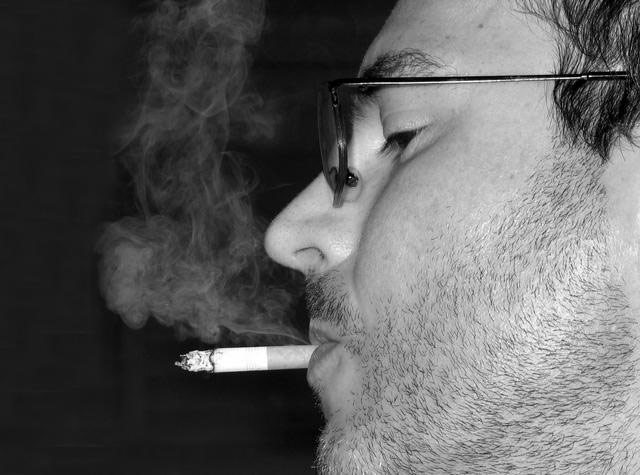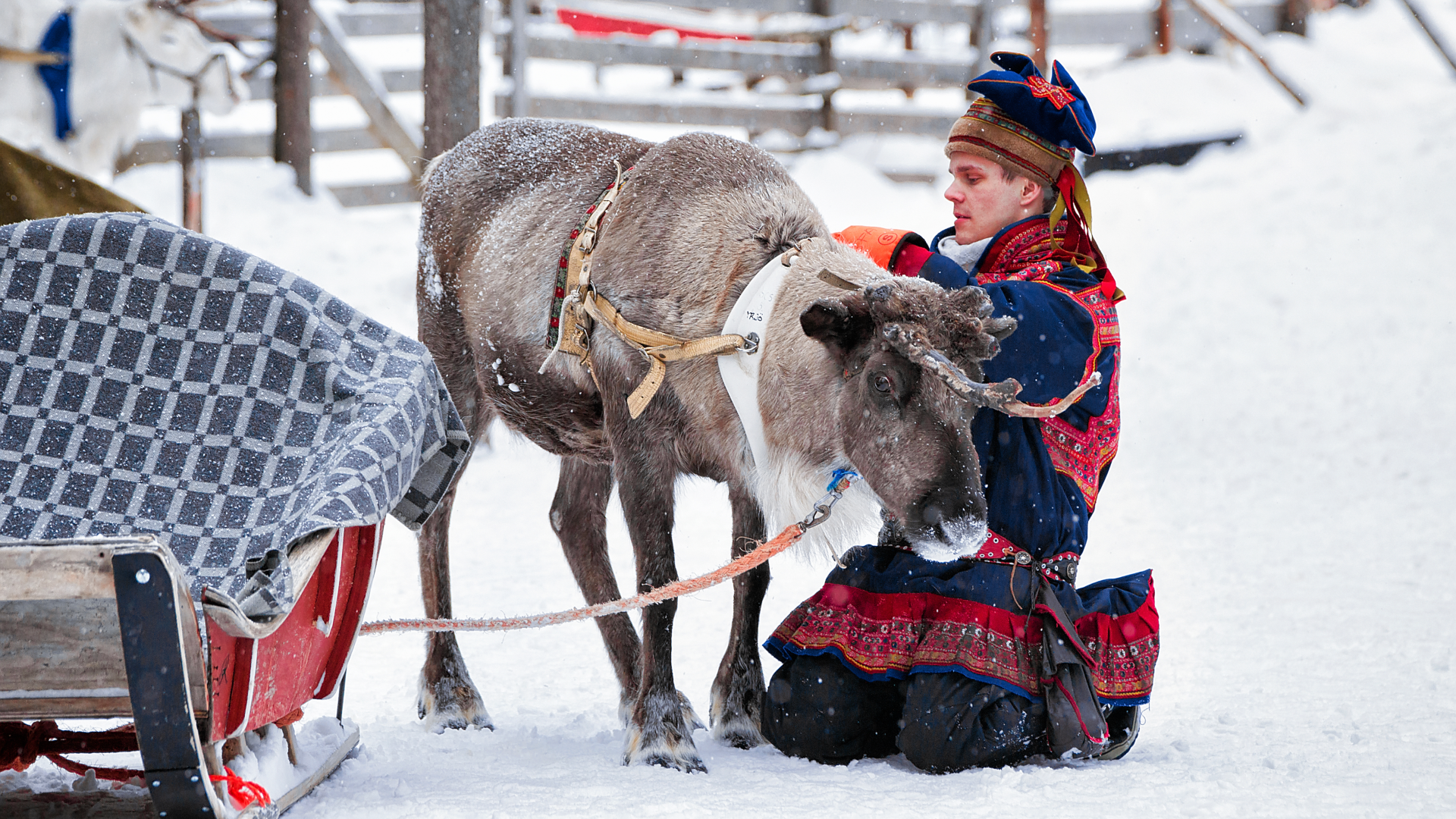12 Common Cancer Myths Debunked

Numerous Americans believe a score of scientifically unproven claims about cancer, with some people thinking shampoo and underwire bras cause tumors.
A nationally representative telephone survey by the American Cancer Society of nearly 1,000 U.S. adults who had never been diagnosed with cancer revealed a surprising number agreed with inaccurate or unlikely statements about cancer risk and prevention statements.
Individuals with lower education levels were more likely to believe the myths. And men were more likely than women to be duped.
1. The risk of dying from cancer in the United States is increasing. 67.7 percent true (9.8% don't know) The remainder knew this was false
2. Living in a polluted city is a greater risk for lung cancer than smoking a pack of cigarettes a day. 38.7% true (18.8% don't know)
3. Some injuries can cause cancer later in life. 37.2% true (20.9% don't know)
4. Electronic devices, like cell phones, can cause cancer in the people who use them. 29.7% true (24.7% don't know)
Get the world’s most fascinating discoveries delivered straight to your inbox.
5. What someone does as a young adult has little effect on their chance of getting cancer later in life. 24.8% true (7.1% don't know)
6. Long-time smokers cannot reduce their cancer risk by quitting smoking. 16.2% true (5.7% don't know)
7. People who smoke low-tar cigarettes have less chance of developing lung cancer than people who smoke regular cigarettes. 14.7% true (10.8% don't know)
8. Personal hygiene products, like shampoo, deodorant and antiperspirants, can cause cancer. 13.7% true (15.3% don't know)
9. Getting a mammogram, or using a special X-ray machine to detect breast cancer, can cause cancer of the breast. 10.2% true (16.1% don't know)
10. Getting a base tan or base coat at a tanning salon will provide protection from skin cancer when you go outside in the sun. 8.4% true (13.2% don't know)
11. Underwire bras can cause breast cancer. 6.2% true (30.9% don't know)
12. You cannot get skin cancer from using a tanning booth. 6.2% true (18.3% don't know)
The survey, reported in the Sept. 1 issue of the journal Cancer, reveals that communities most at risk for cancer were also the most likely to be misinformed.
Healthy behaviors depend partly on whether individuals can make an accurate assessment of risk factors for that disease. Unwarranted worry over unproven risk factors can distract attention from the valid risks, resulting in "risky" decisions," past research indicates.
"If people hold erroneous beliefs about risk factors for cancer they might not be making informed decisions for their behaviors," said lead study author Kevin Stein, of the American Cancer Society’s Behavioral Research Center in Atlanta.
The scientists say that individual beliefs are not the only determinants of health behavior, and other factors, such as access to health care and socioeconomic status, are also important.
However, beliefs can guide actions, they suggest. "People's attitudes and beliefs influence their behaviors," Stein told LiveScience.
For instance, misconceptions like the tobacco-related myths, which were relatively highly endorsed, can lead to risky behaviors.
"If you believe those statements [about smoking] then you can see why some people might engage in risky behavior like smoking," Stein said.
He added, "What we would like to do is to have people get accurate information and hold accurate beliefs about what are and what are not risk factors for cancer with the hope that will translate into healthy behavioral patterns."
- 10 Easy Paths to Self Destruction
- Can Men Get Breast Cancer?
- VOTE: Urban Legends Debunked
Jeanna Bryner is managing editor of Scientific American. Previously she was editor in chief of Live Science and, prior to that, an editor at Scholastic's Science World magazine. Bryner has an English degree from Salisbury University, a master's degree in biogeochemistry and environmental sciences from the University of Maryland and a graduate science journalism degree from New York University. She has worked as a biologist in Florida, where she monitored wetlands and did field surveys for endangered species, including the gorgeous Florida Scrub Jay. She also received an ocean sciences journalism fellowship from the Woods Hole Oceanographic Institution. She is a firm believer that science is for everyone and that just about everything can be viewed through the lens of science.
